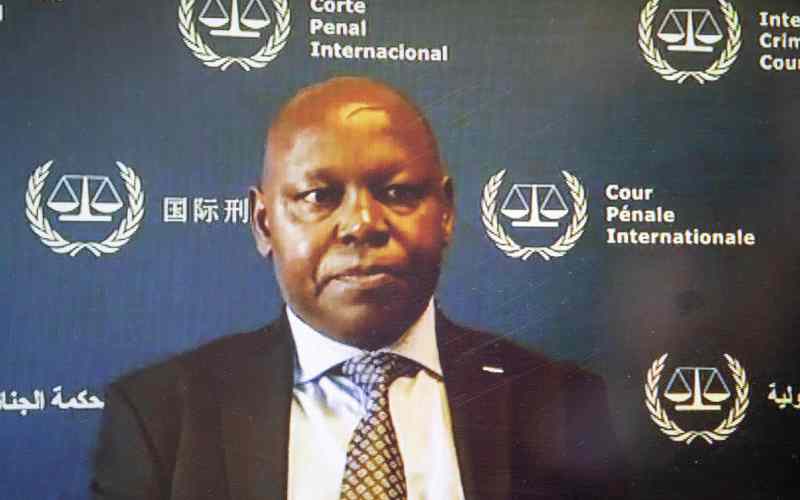×
The Standard e-Paper
Home To Bold Columnists

A legal battle is looming between a lawyer who surrendered himself to the International Criminal Court (ICC) and the Office of the Public Counsel for Defence.
Lawyer Paul Gicheru has opposed a move by the OPCD led by Xavier-Jean Keita to appeal against the court’s decision that allowed one judge to hear the case in which he is accused of interfering with the ICC prosecution witnesses.